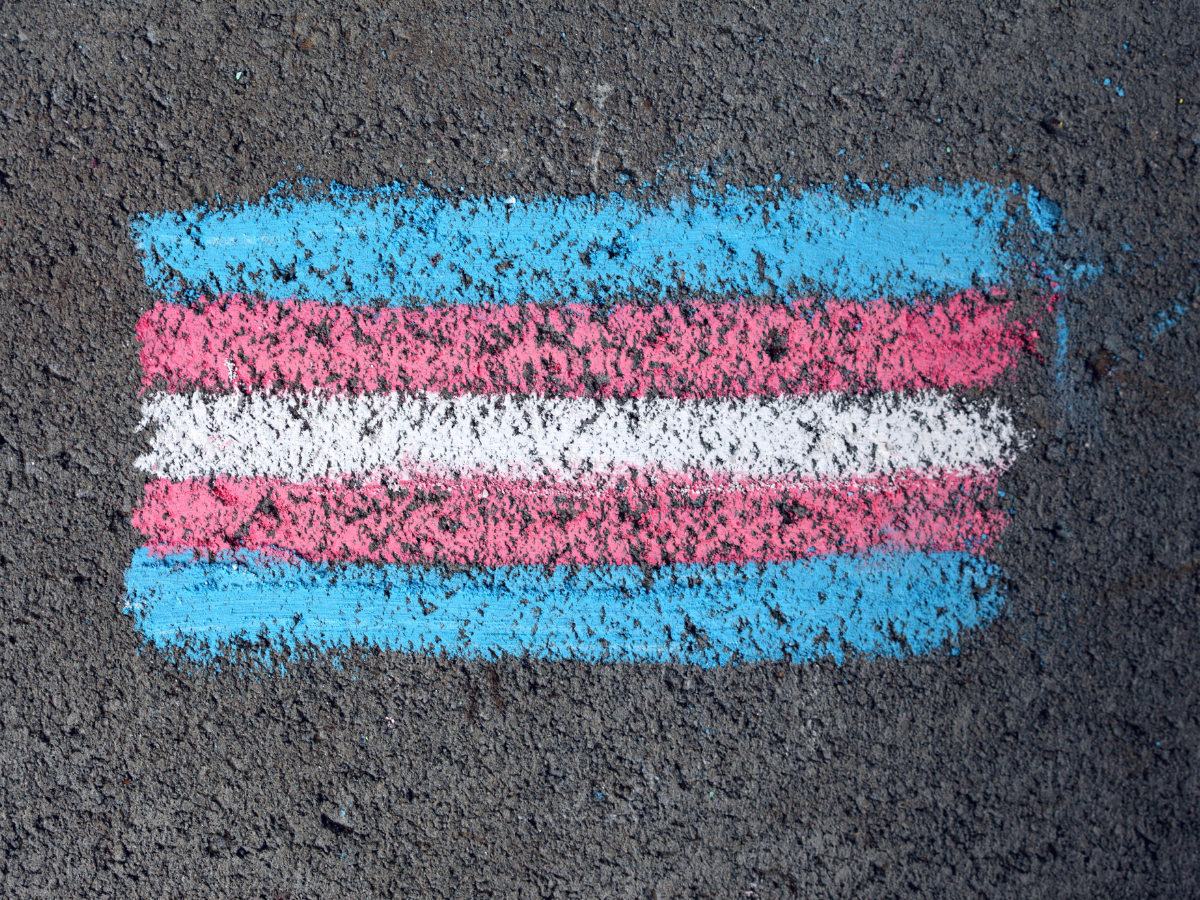New study documents the rate of discrimination and coping strategies of trans and non-binary individuals
Trans and non-binary individuals face daily discrimination that can impact their mental and physical health, according to research conducted at the University of Georgia.
The study, which was published in the Journal of Homosexuality, examined the most common types of discrimination experienced by trans and non-binary people and their patterns of coping.
“We’re seeing that, socially and culturally, there’s been a movement to demonize, to attack, to other trans people. You have to understand it’s going to have a very real everyday impact,” lead author said Nat Truszczynski, who conducted the study as a doctoral student at UGA’s College of Public Health and is now a researcher at the University of Colorado School of Medicine.
Trans and non-binary people experience significantly higher rates of depression, anxiety and substance use, likely linked to the stress of discrimination.
Truszczynski and their co-authors wanted to assess the full range of discrimination events experienced by trans and non-binary people, from physical abuse or harassment to more subtle microaggressions like being misgendered, and how they coped with their experiences.
They surveyed nearly 100 trans and non-binary adults across the U.S. Participants completed two surveys a day for 30 days reporting discrimination, coping and emotional state. The research team then grouped the discrimination events into four categories: rejection, active transphobia, microaggressions and community-level transphobia.
Findings revealed that participants experienced discrimination once per day on average, and the majority of those were microaggressions.
“Just at a base level, I expected to see much more macro-level discrimination, but it turns out that a lot of the discrimination that our participants were experiencing were these microaggressions of feeling uncomfortable in the bathroom, of being misgendered, of reading anti-trans news stories, and these micro events were happening very, very frequently,” said Truszczynski.
In total, participants experience a total of 3,240 discriminatory events overall. Truszczynski worries that given the recent events, those numbers could be an underestimate.
“Our research was done in 2018 and 2019, and we’ve only seen an increase in anti-trans legislation, increasing anti-trans rhetoric, and so it worries me how much discrimination, if I did the same study today, would we uncover? Would that number be doubled? Tripled?”
The numbers may be even higher for trans and non-binary people of color, they added.
Truszczynski says that their study included primarily white trans people, which could be why experiences skewed more toward microaggressions. Trans people of color face additional layers of discrimination, they said, so “we may be missing macro events that trans and non-binary people of color may be experiencing.”
The authors were also surprised to find that their participants gravitated toward internal forms of coping, such as reframing the event to make sense of it or using humor, rather than leaning on social networks. But this type of coping is considered maladaptive when it involves the use of drugs or alcohol.
Trans and non-binary people have higher rates of substance abuse and higher rates of suicide, and Truszczynski cautions providers and public health practitioners to consider the full picture of what these individuals are experiencing before prescribing an intervention.
“In the public health field, we talk about maladaptive coping in a very judgmental way,” they said. “We need to work to stop the discrimination instead of trying to intervene with the maladaptive coping strategy that’s not going to be effective at this discrimination is still happening.”
Additional findings from their research on trans and non-binary people, which will be the focus of a forthcoming paper, suggest that trans people living in states that have protective legislation report fewer incidents of discrimination.
The paper, “The Discrimination Experiences and Coping Responses of Non-binary and Trans People,” is available online.
Co-authors include Nate Hansen with UGA’s College of Public Health and Anneliese Singh with UGA’s Mary Frances Early College of Education.
– Lauren Baggett
Posted on June 28, 2022.







